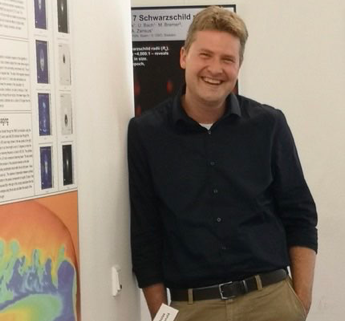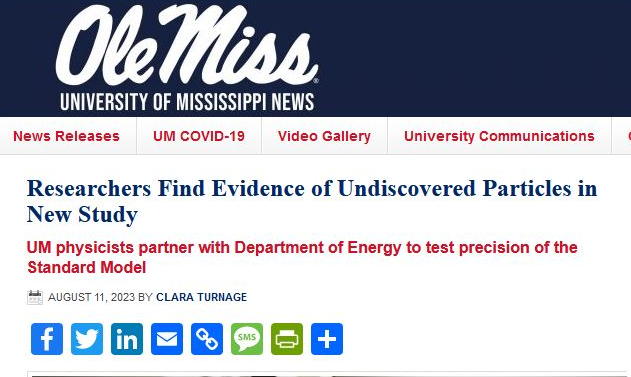Related articles
The Nobel Prize in Physics 2023 was awarded “for experimental methods that generate attosecond pulses of light for the study of electron dynamics in matter” to be shared jointly between Pierre Agostini, Ferenc Krausz and Anne L’Huillier.
The three Nobel Prize laureates in physics 2023 are being recognized for their experiments, which have given humanity new tools for exploring the world of electrons inside atoms and molecules. They have demonstrated a way to create extremely short pulses of light that can be used to measure the rapid processes in which electrons move or change energy.

